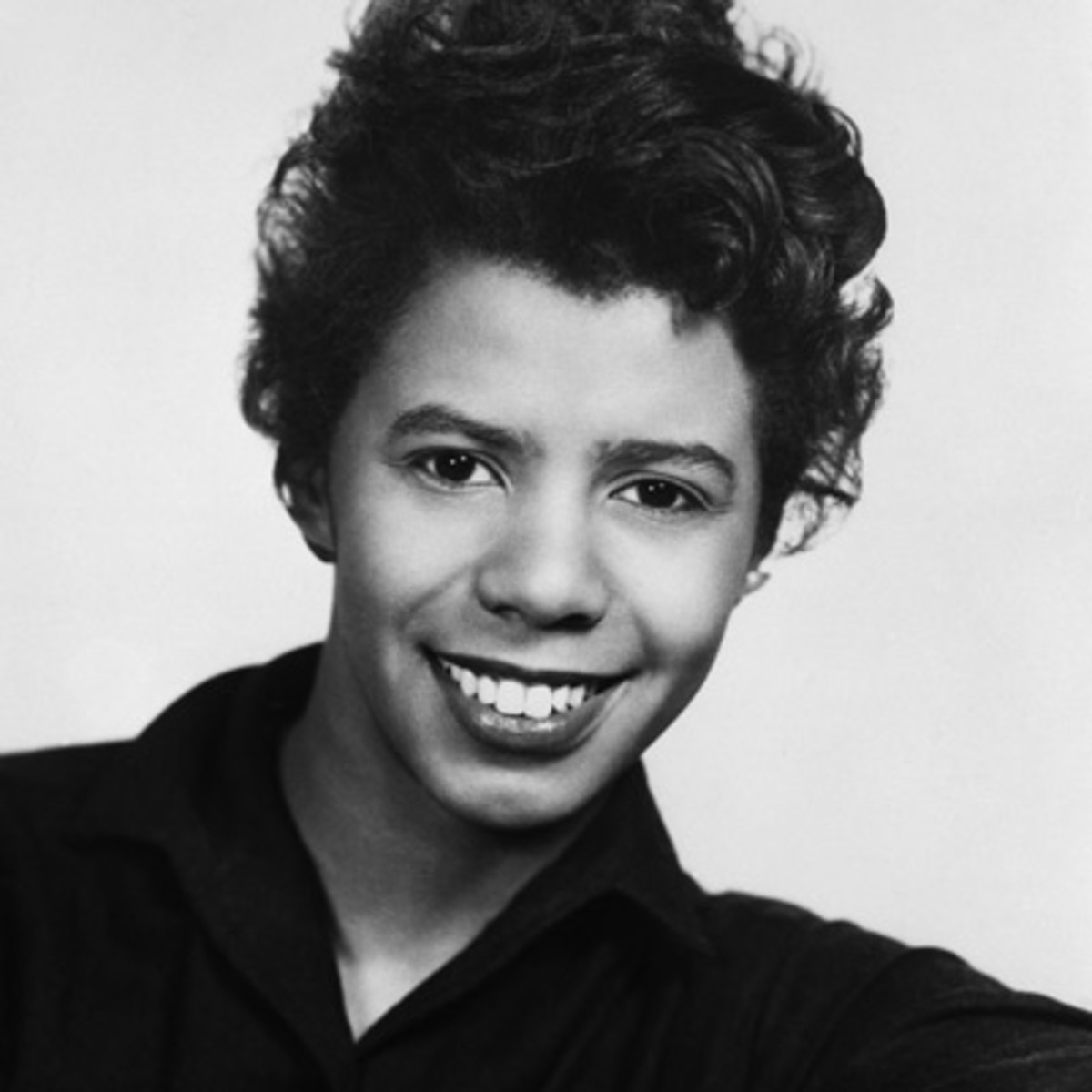A Raisin In The Sun: The Review
Quick Summary
| In Lorraine Hansberry's "A Raisin In The Sun", we follow the life of a struggling African American family in the 1950's. They are faced with extreme monetary problems, and are facing clear examples of discrimination and racism. In the first act, we learn about the family, the Youngers. The family contains Mama, the oldest, and the mother of Walter, a man who wants to prove himself to his family, Ruth, Walter's wife, and Travis, the son of Ruth and Walter. We also meet Beneatha, who is Mama's daughter and Walter's brother. We learn about their struggles and their dreams in life, and watch as they argue and connect with each other. |

How Struggles Play A Bigger Part Within The Story
| A Raisin In The Sun's subtle yet consistent mentions of how racism and discrimination are what make the book what it is. We see how the family's struggles stem from redlining and discrimination, which is subtly hinted towards yet never entirely stated within the story. Plenty of examples are found within the text, though. Walter's ambition to be a greater man, or Mama's internal necessity to want to provide for her family. We never truly see the family validate themselves nor get validated by others within the text. We see their conflicts with buying a house through the racist character of Mr. Linder, a white man who is hellbent on keeping his neighborhood free of anyone who is of a different skin color. "I want you to believe me when I tell you that race prejudice simply doesn’t enter into it. It is a matter of the people of Clybourne Park believing, rightly or wrongly, as I say, that for the happiness of all concerned that our Negro families are happier when they live in their own communities." (Hansberry, 118). He threatens them and gets antsy when they refuse his offer to sell the house they bought. While some could say most of these issues were faded out within the real world, A Raisin In The Sun forces us to see the reality that a book that was written over 50 years ago still has extremely relevant connections to our world today, especially with the themes of discrimination and redlining. |

How Struggles Connect To Lorraine Hansberry's Genius
| Lorraine Hansberry, author and playwright of A Raisin In The Sun, was an African American who lived around the same time her story takes place. Readers can infer that the genius of Hansberry comes from her experiences, or what she personally wanted to do with her life. She reflects herself and her thoughts within the book by showing how angry the characters are, or showing how racism has deep cuts, even within the story's positive aspects. When Mama recieves a gift from her family, a garderner's hat, they immediately joke about the racist implications this has. "I’m sorry, Mama—but you look like you ready to go out and chop you some cotton sure enough" (Hansberry, 124). This wasn't just a throwaway line in the text, and it shows that Hansberry is always trying to tell the reader something subtly, almost as if she is whispering her exact thoughts to the reader through her writing that people of color should still be picking cotton. |

Score & Personal Anecdotes
| In conclusion, A Raisin In The Sun shines through a dark era within human history, especially within the country of the United States of America. The reader can obviously tell that these were real struggles at the time, making the book all that more daunting and sometimes difficult to read on an emotional level. However, this is where Hansberry's Genius shines through. Her ability to make a quick and snappy joke with a character that fits, such as Beneatha, or her conveying Mama's complex emotions when it comes to how she sometimes acts on her first urge to hit members of her family, make this book a good read to anyone who is willing to take on challenge and face the reality that this was a part of human history, and that this story could not have come without some sort of experience from either Lorraine Hansberry herself or people in general during that time period. Reading this book in my English Class and being pushed to think critically about what the story meant truly drives home Hansberry's genius and how the book and play were crafted by her raw writing skills and emotion. |
10/10. Recommended Read For Anyone Who Is Interested In Drama, Or General Stories About Human Experience.











